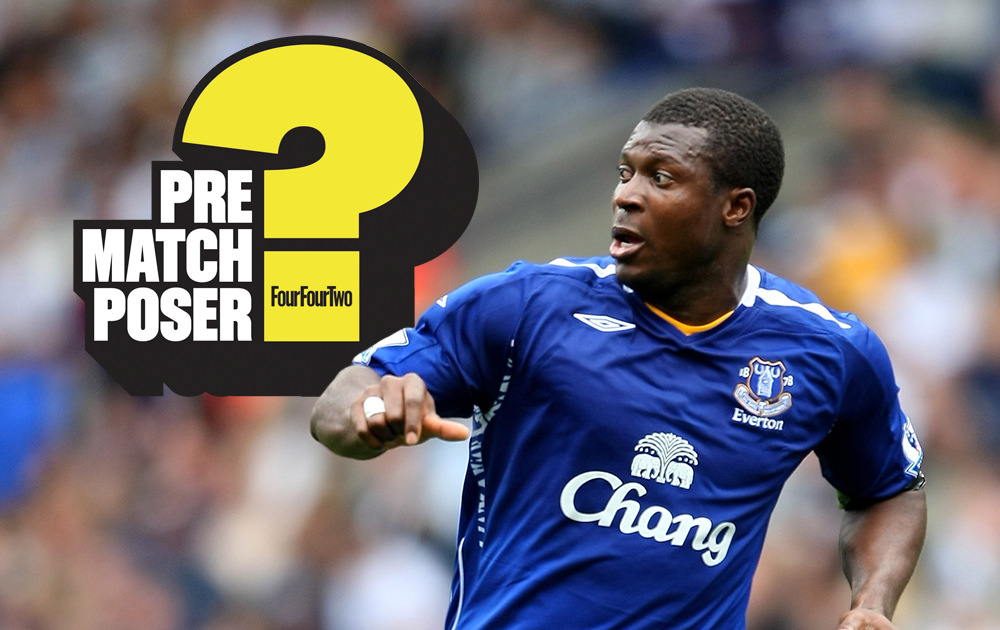Ranked! The 10 best players of World Cup 2002
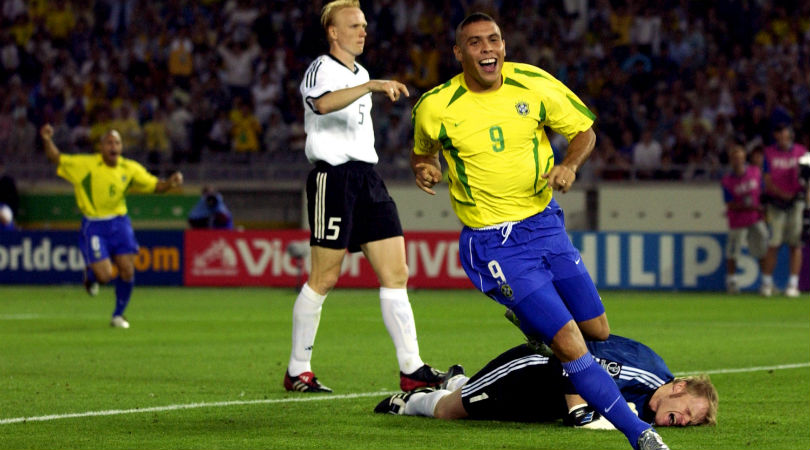
The best from 2002
Asia hosted the World Cup for the first time in 2002, with Japan and South Korea sharing the honour. It was an eventful tournament packed full of surprises - the Koreans and Turkey both reached the semi-finals, while Argentina were eliminated at the group stage - and, in places, excellent football. In this slideshow, we pick out the 10 best performers from the 2002 World Cup.
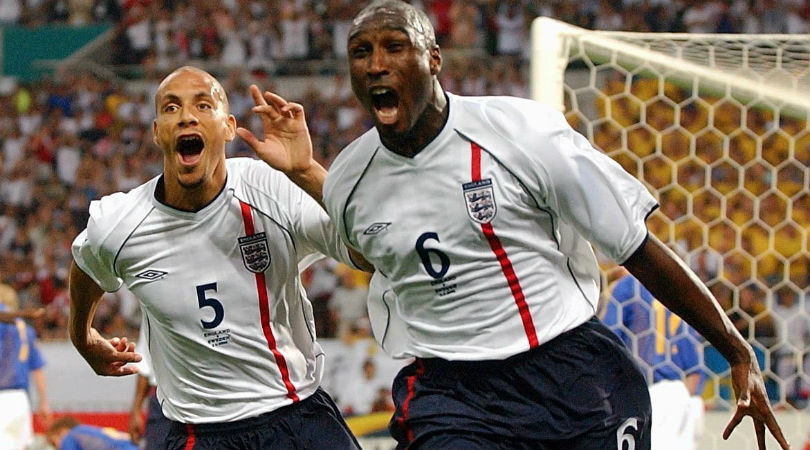
10. Sol Campbell (England)
The 2002 World Cup wasn't a vintage one for England, who were nevertheless just one ballooned Ronaldinho free-kick away from a potential semi-final against unfancied Turkey. The Three Lions progressed from a tough group containing Argentina, Nigeria and Sweden, before easing past Denmark in the last 16 to set up a quarter-final encounter with eventual winners Brazil.
Sven-Goran Eriksson built his side on a solid defence, with Campbell particularly impressive in a rearguard which also featured Danny Mills, Rio Ferdinand and Ashley Cole. A towering, commanding presence, the Arsenal man scored his solitary international goal against Sweden and successfully coordinated a backline that conceded only once before the Brazil defeat.
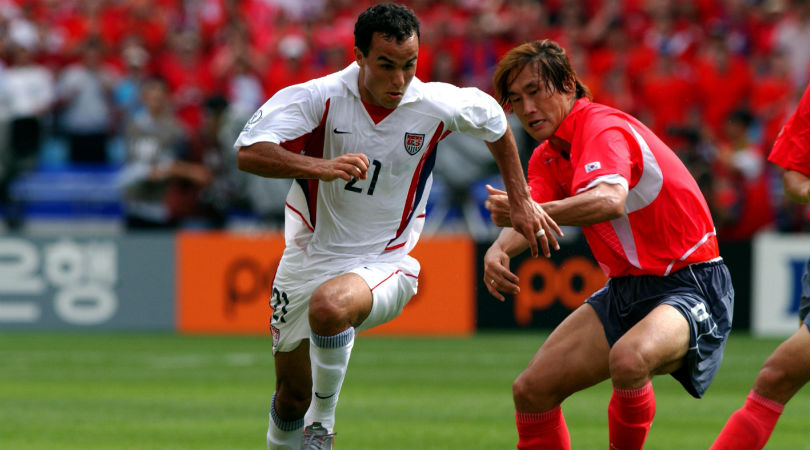
9. Landon Donovan (USA)
Donovan is widely considered to be the United States' greatest ever footballer, but he was a fresh-faced 20-year-old with plenty to prove back in 2002. The young forward had failed to make any kind of meaningful impact during a short spell with Bayer Leverkusen, and he wasn't tipped to be a star of the World Cup before the tournament got under way.
Donovan put his struggles at club level to one side, though, scoring in the 3-2 victory over Portugal in the group stage and bagging the winner against rivals Mexico in the last 16. The United States were eliminated by Germany in the quarter-finals, but Donovan had done enough to win FIFA's Young Player of the Tournament award.
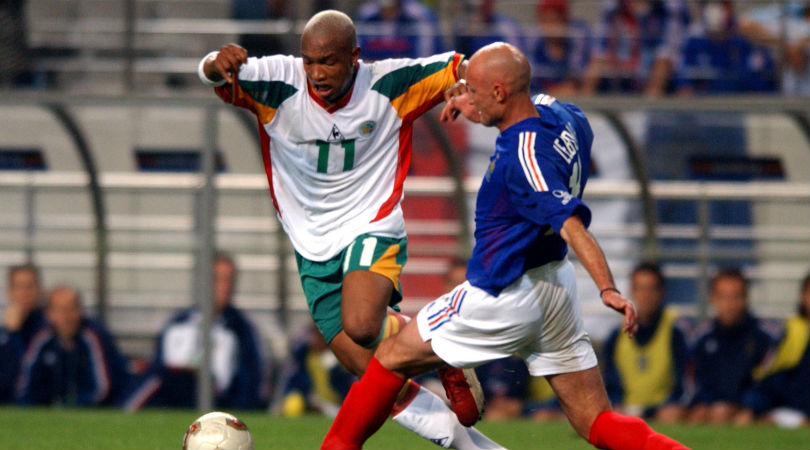
8. El Hadji Diouf (Senegal)
Before Diouf became better known for a series of controversial episodes in the Premier League, he was lighting up the 2002 World Cup with a series of sensational performances for Senegal.
The Lions of Teranga became only the second African nation to reach the quarter-finals of the tournament, with Diouf's speed, vision and link play a key part of their success - even if he surprisingly failed to find the back of the net.
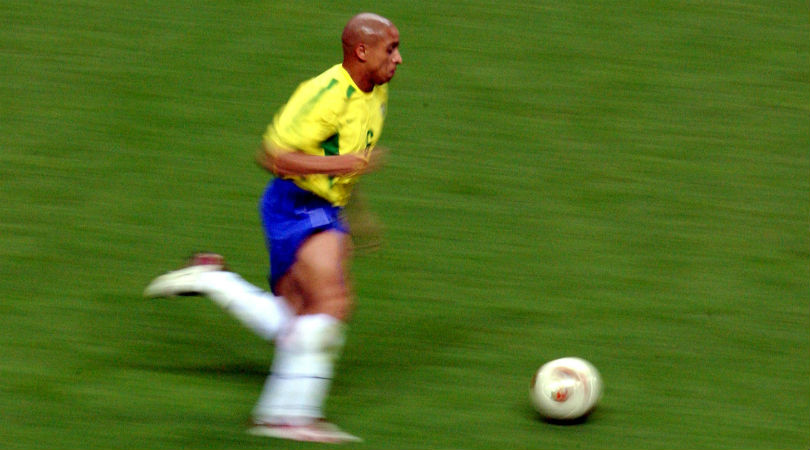
7. Roberto Carlos (Brazil)
Only six players have ever been capped more than 100 times by Brazil, and only one (World Cup-winning captain and fellow full-back Cafu) has ever played more for the Selecao than Roberto Carlos. In an international career spanning 14 years he played 125 matches for his country, with 2002 representing the pinnacle of his playing days.
Fresh from starring in a Real Madrid side that had just won the Champions League, the rampaging wing-back created havoc as he relentlessly bombed down the flank in Japan and South Korea, helping Brazil win the World Cup for a fifth time.
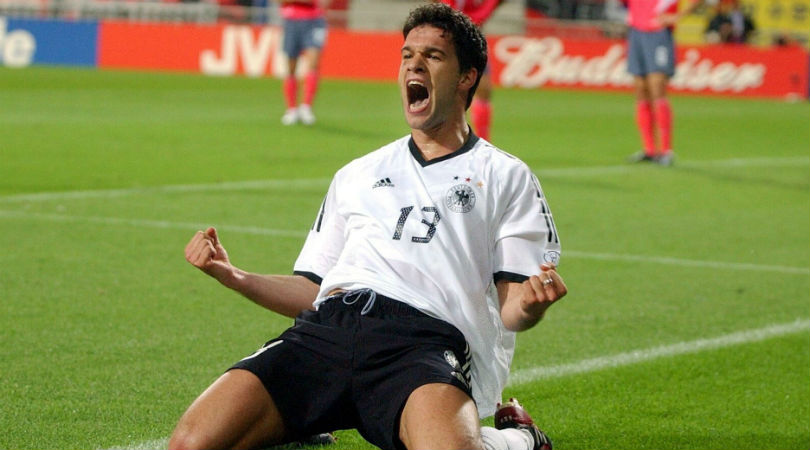
6. Michael Ballack (Germany)
There’s no doubt that Oliver Kahn was Germany’s star man at the 2002 World Cup, with the Bayern goakeeper appearing to be a man possessed in his desire to drag a rather average team to glory.
The outfield player who required least encouragement was Ballack, who bullied Saudi Arabia and Cameroon before scoring the goals required to help his side squeeze past the United States and South Korea in the knockout stage. He was booked in the semi-final against the co-hosts, though, and therefore had to watch on as Germany lost the final to Brazil.
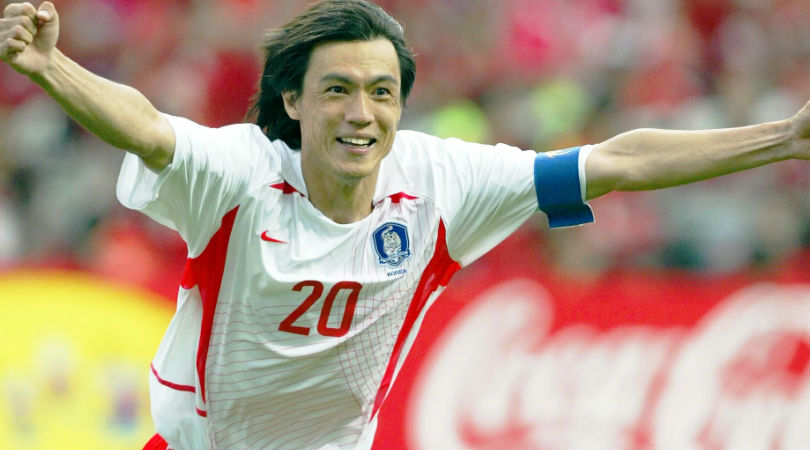
5. Hong Myung-bo (South Korea)
Hong played in four World Cups for South Korea and managed his country in another. Capped 136 times by the Taeguek Warriors, the sweeper is widely regarded as one of the greatest Asian footballers of all time.
A classy defender and a fine long-range passer, Hong did a brilliant job of marshalling South Korea’s three-man backline as the co-hosts became the first ever Asian nation to reach the last four of the World Cup.
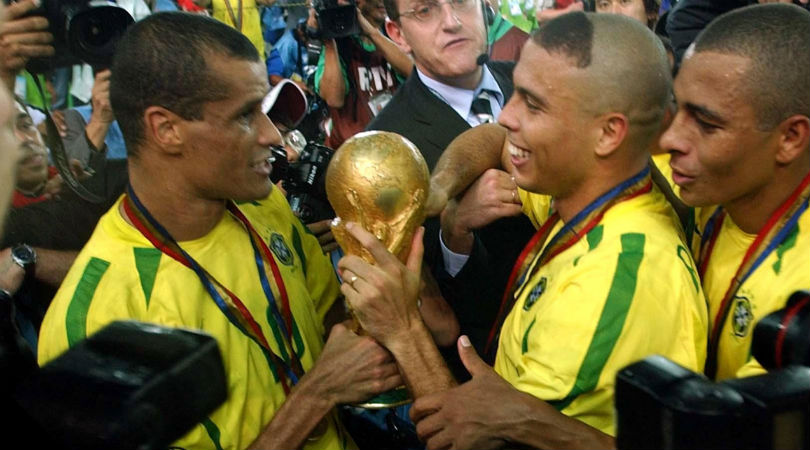
4. Rivaldo (Brazil)
A front three of Ronaldinho, Ronaldo and Rivaldo was always going to take some stopping, and it's hard to separate the attacking trio in terms of their performances at the 2002 World Cup.
Rivaldo delivered man-of-the-match displays in two games that really mattered: against Belgium in the round of 16 and England in the quarter-finals. Tall, graceful and powerful, he was so often the Selecao's creative heartbeat.
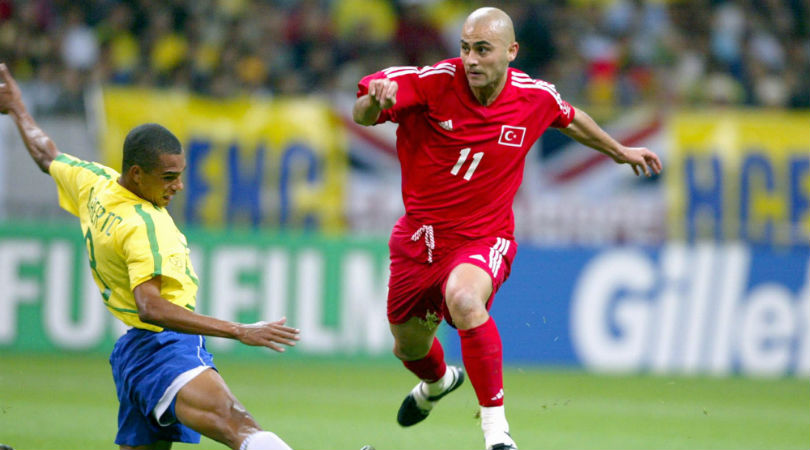
3. Hasan Sas (Turkey)
Turkey hadn't qualified for the World Cup since 1954, and they haven't made it back to the tournament since 2002. Yet the Crescent-Stars left a lasting impression on Japan and South Korea, upsetting the odds to progress all the way to semi-finals.
Galatasaray’s Sas was at the forefront of their efforts, scoring in the opening game against Brazil before terrorising Costa Rica and China. He was the key man in the last-16 defeat of Japan and also performed well in the quarter-final victory over Senegal, before Turkey's run finally came to an end against Germany.
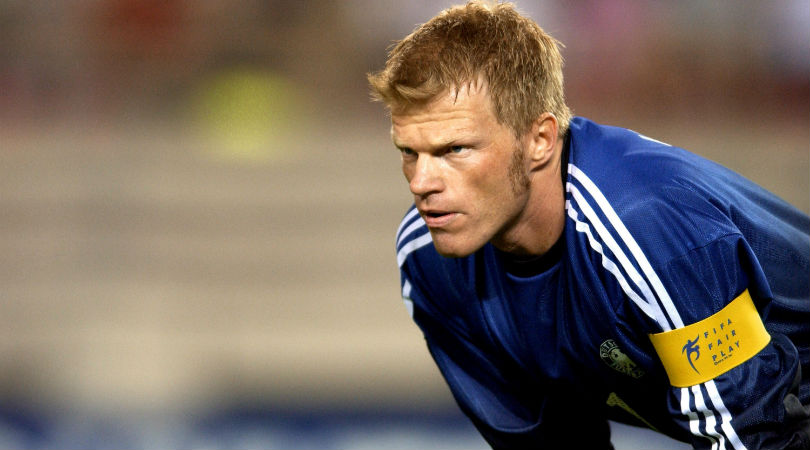
2. Oliver Kahn (Germany)
Kahn was utterly brilliant at the 2002 World Cup, turning in a series of exceptional performances between the posts as he helped drag a mediocre Germany side all the way to the final. He conceded just three times in the entire tournament, and only one goal before the showpiece - a late Robbie Keane equaliser for Ireland in the group stage.
Yet despite his superb showings en route to the final, Kahn's World Cup is mainly remembered for a blunder in the 2-0 defeat by Brazil. “It was the only mistake I made in seven games, and it was brutally punished," he sighed afterwards.
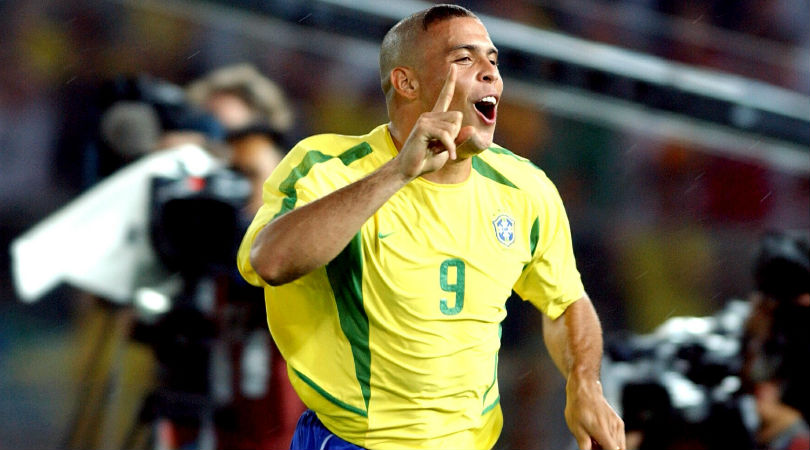
1. Ronaldo (Brazil)
A series of serious knee injuries meant Ronaldo was a much-changed player from the version we saw at the 1998 World Cup. The striker had lost some of his blistering pace and had to adapt his game accordingly, but he proved in 2002 that he was still up there with the very best.
Ronaldo scored in every match apart from the quarter-final win over England, equalling Pele's record of 12 World Cup goals with a decisive brace in the final against Germany. His eight goals throughout the tournament were more than any other player has managed at a World Cup since Gerd Muller in 1970.
 Join The Club
Join The Club










